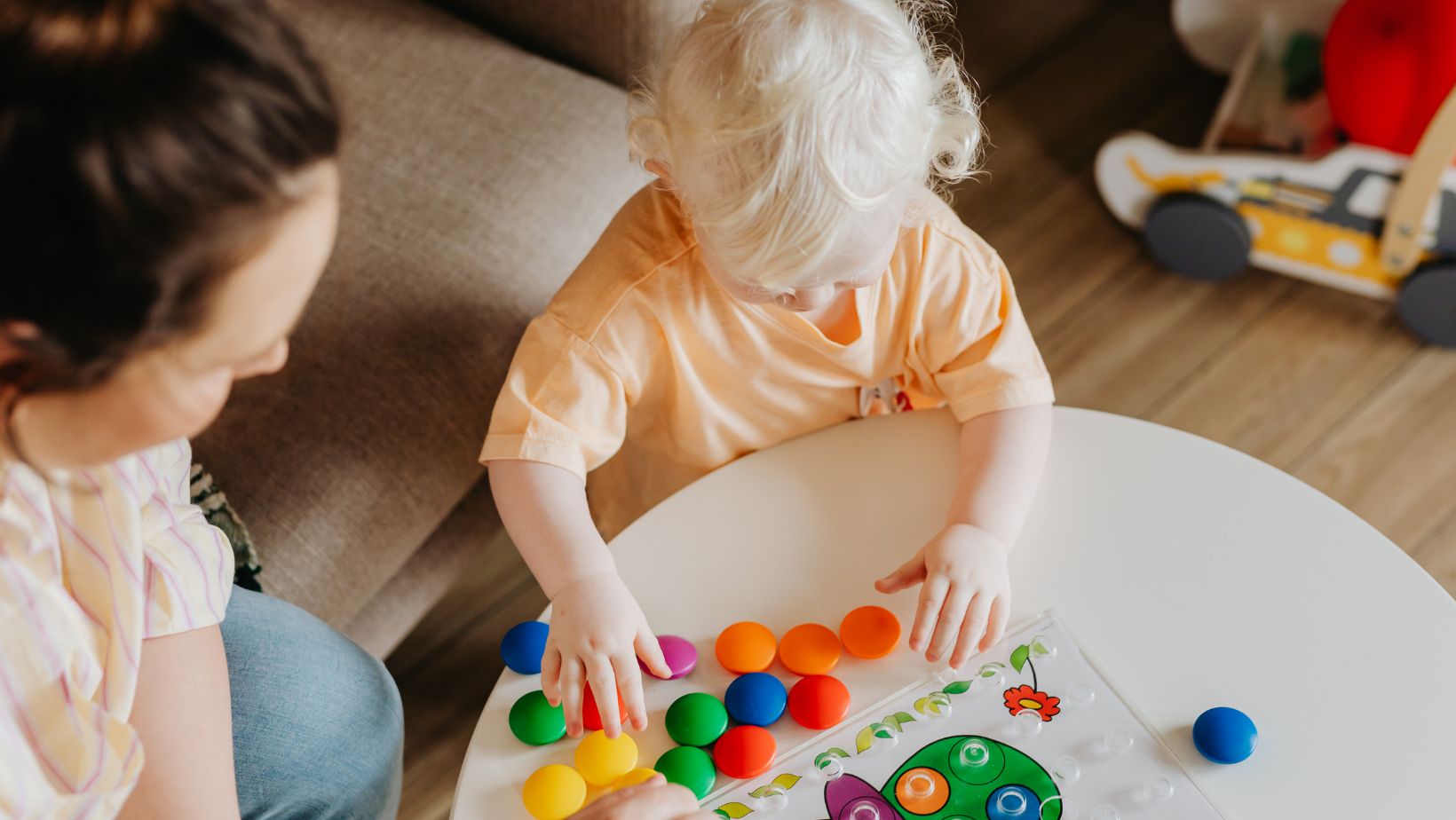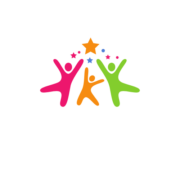Every child grows and develops at their own pace, encountering a series of major milestones that mark their physical, emotional, social, and cognitive progress. These milestones—such as learning to walk, starting school, forming friendships, or navigating puberty—are exciting for both children and parents, but they can also bring challenges. Understanding these stages and providing appropriate support helps children thrive while fostering confidence and resilience.
Understanding Developmental Milestones
Developmental milestones are key markers that indicate typical growth in areas such as motor skills, language, social interaction, and emotional regulation. For example, by around one year, most children take their first steps and begin saying simple words. As they enter preschool, they develop more complex social skills, such as sharing and cooperating with peers. During adolescence, milestones include abstract thinking, forming identity, and increasing independence. Recognising these stages allows parents to anticipate challenges and celebrate achievements, creating a positive environment for growth.
Encouraging Physical Development
Physical milestones are often the most visible, from crawling and walking to mastering coordination in sports. Encouraging physical activity is essential, as it strengthens muscles, improves balance, and promotes overall health. Simple activities like playing catch, riding a bike, or taking nature walks can support physical development while providing opportunities for bonding. Parents should be patient and avoid comparisons with peers, understanding that children progress at different rates. Ensuring a safe environment, providing age-appropriate toys, and celebrating effort rather than just success helps children gain confidence in their physical abilities.
Supporting Language and Cognitive Skills
Language and cognitive development underpin a child’s ability to communicate, solve problems, and understand the world. Reading aloud, engaging in conversations, and introducing age-appropriate puzzles or games stimulate brain development and vocabulary growth. Encouraging curiosity and allowing children to ask questions fosters problem-solving and critical thinking skills. During school years, parents can support cognitive development by showing interest in homework, encouraging reading, and helping children explore hobbies that challenge their minds. Recognizing that mistakes are part of learning helps children develop a growth mindset.
Nurturing Emotional and Social Growth
Emotional and social milestones, such as forming friendships, expressing feelings, and developing empathy, are equally important. Parents can model healthy emotional expression and coping strategies, helping children navigate conflicts and stress. Encouraging participation in group activities, team sports, or creative clubs allows children to develop social skills and self-confidence. Adolescence can be especially challenging, as children seek independence while still needing guidance. Providing a listening ear, validating feelings, and maintaining open communication ensures that children feel supported through emotional ups and downs. For example, helping a preteen feel confident during milestones like choosing their first bra can reinforce their sense of independence while showing parental support.
Fostering Independence and Responsibility
As children grow, they gradually assume more responsibility for their daily routines and decisions. Teaching practical skills, like managing time, organising schoolwork, or preparing simple meals, helps children develop independence and self-efficacy. Encouraging responsibility through age-appropriate chores or decision-making opportunities instills confidence and accountability. It’s important for parents to strike a balance between guidance and autonomy, offering support without taking over tasks that children are ready to handle themselves. Celebrating their successes, no matter how small, reinforces positive behaviour and self-esteem.
Adapting Support to Each Stage
Every child’s journey is unique, and developmental milestones are guidelines rather than strict timelines. Parents should observe their child’s interests, strengths, and challenges to provide personalised support.

Flexibility, patience, and encouragement go a long way in helping children reach their potential. If concerns arise about delays or difficulties in reaching milestones, seeking advice from paediatricians, educators, or child development specialists ensures timely support and interventions.
Celebrating Milestones Together
Acknowledging and celebrating milestones fosters motivation and strengthens the parent-child bond. Whether it’s a first step, learning to ride a bike, mastering a skill, or successfully navigating a social challenge, positive reinforcement encourages children to keep exploring and learning. Celebrations don’t have to be elaborate; a simple praise, a family activity, or recording progress in a scrapbook can make milestones memorable and affirming.
Conclusion
Supporting a child through major developmental milestones involves understanding, patience, and active engagement. By nurturing physical, cognitive, emotional, and social growth, parents can provide a foundation for lifelong confidence and resilience. Recognising achievements, fostering independence, and offering guidance tailored to each stage of development ensures children feel valued, capable, and ready to face future challenges. Through encouragement and presence, parents not only help their children succeed but also build enduring trust and connection that lasts a lifetime.

